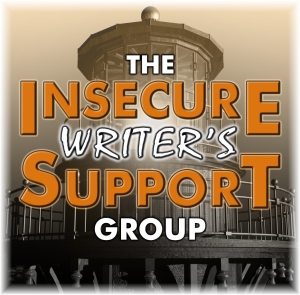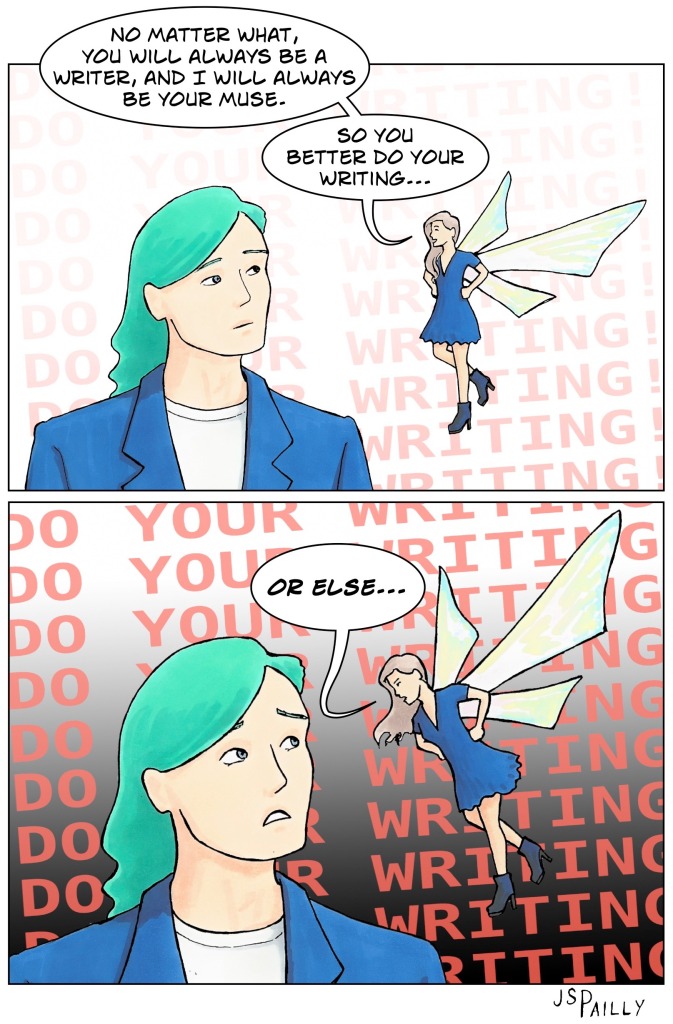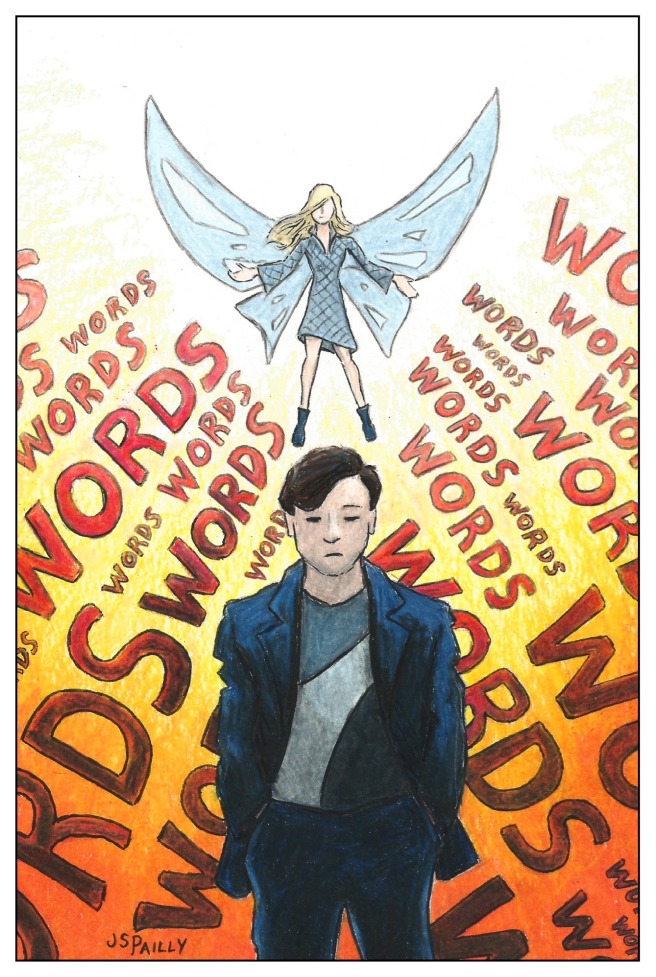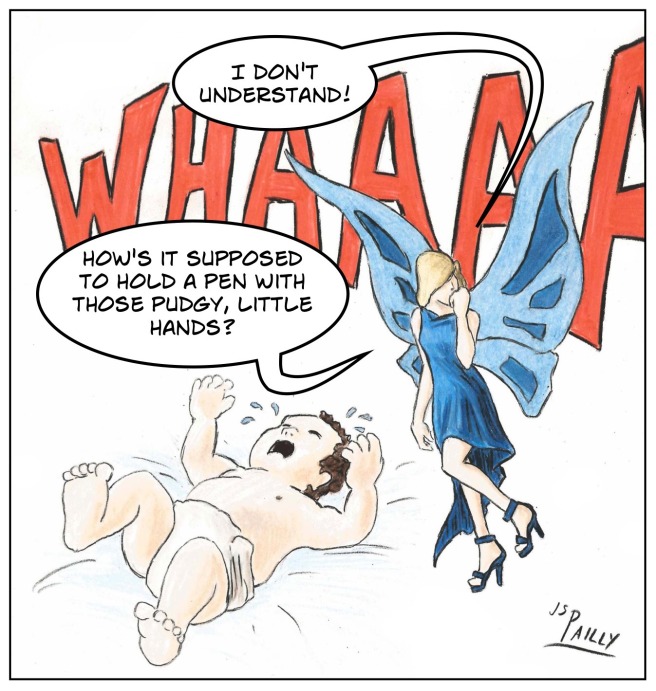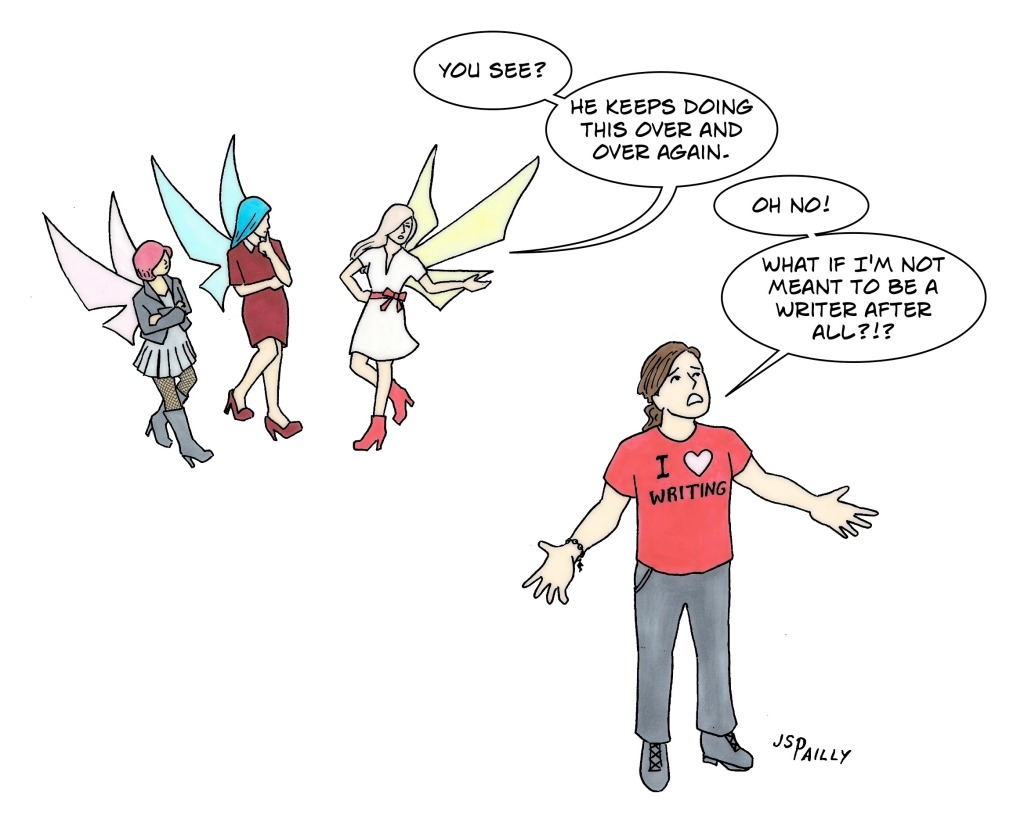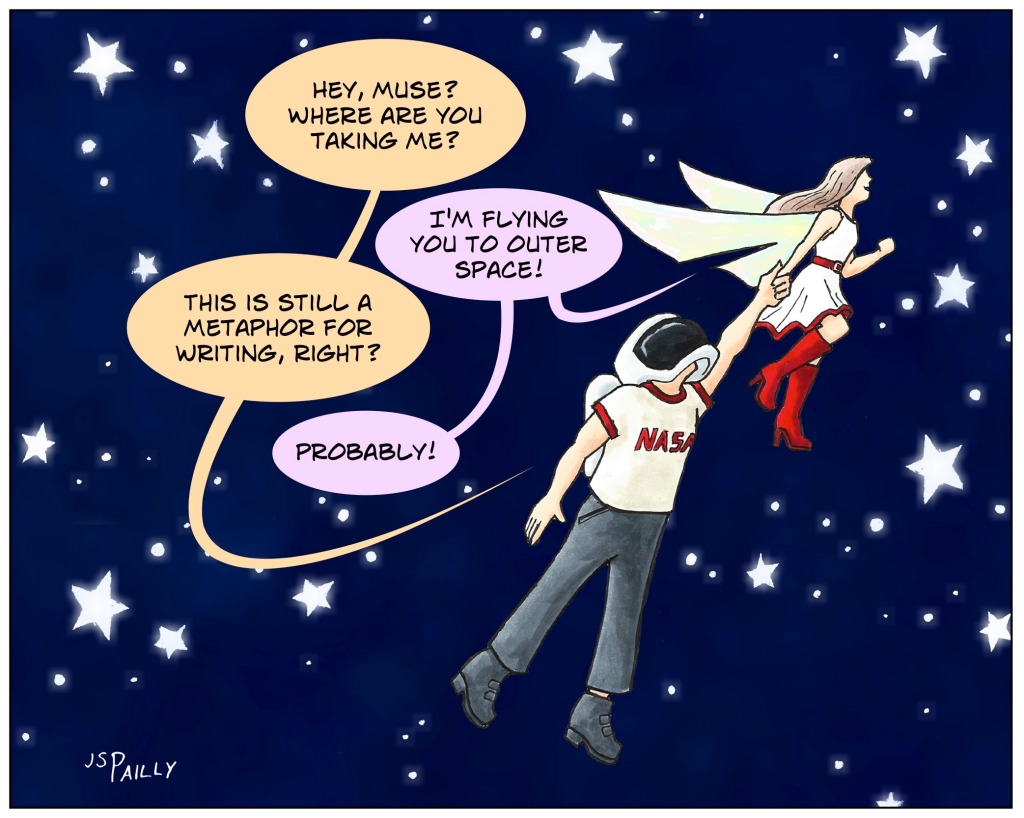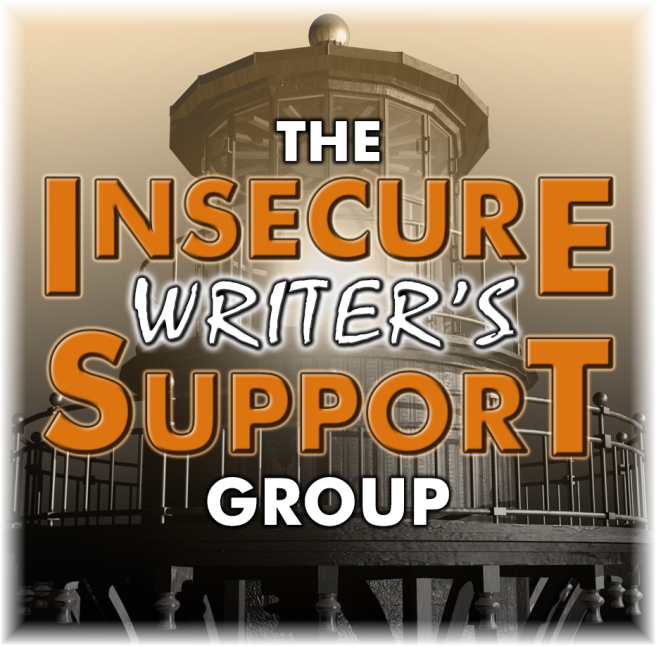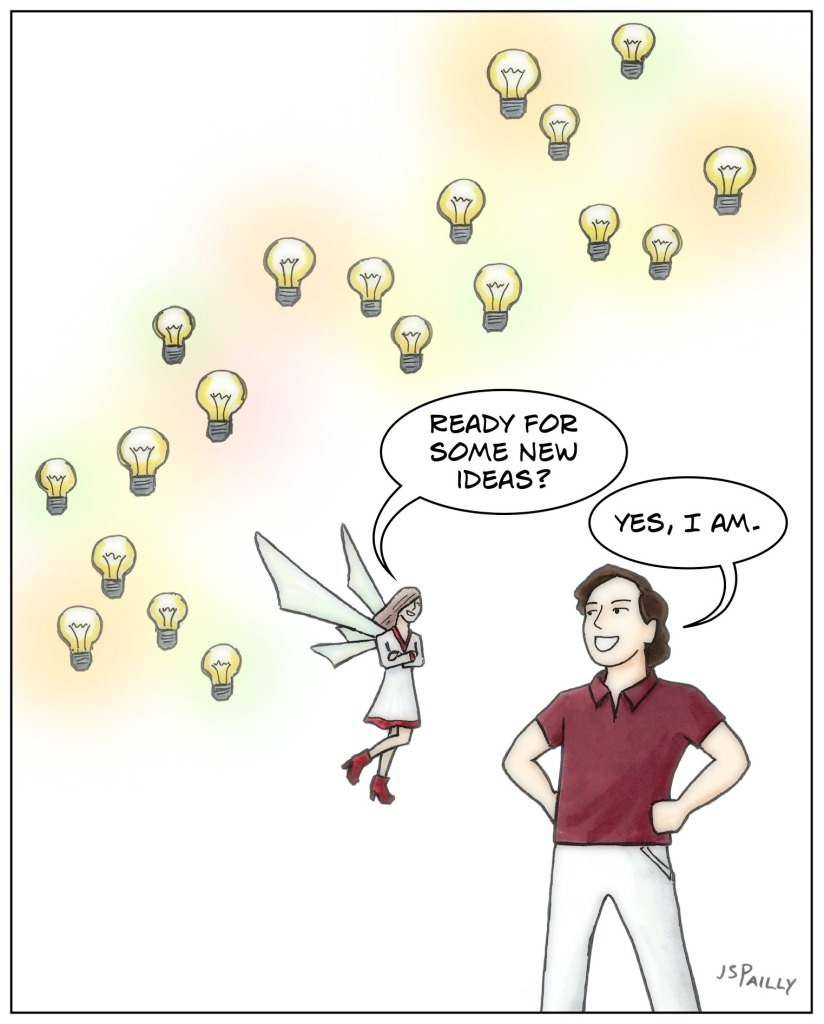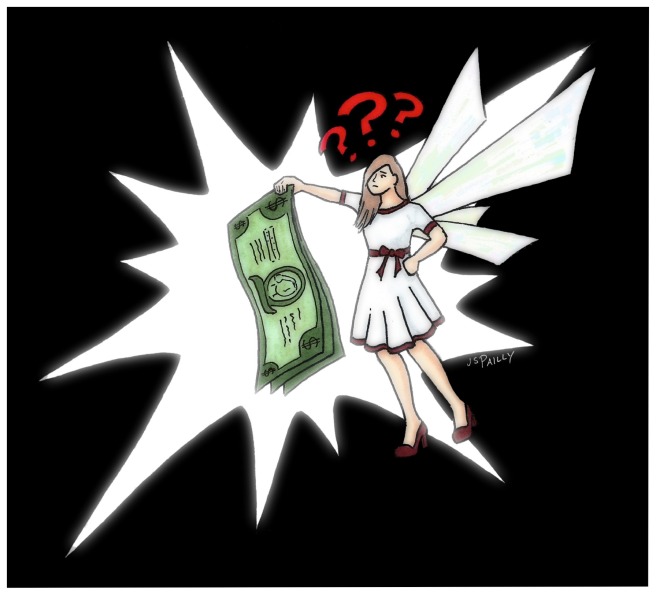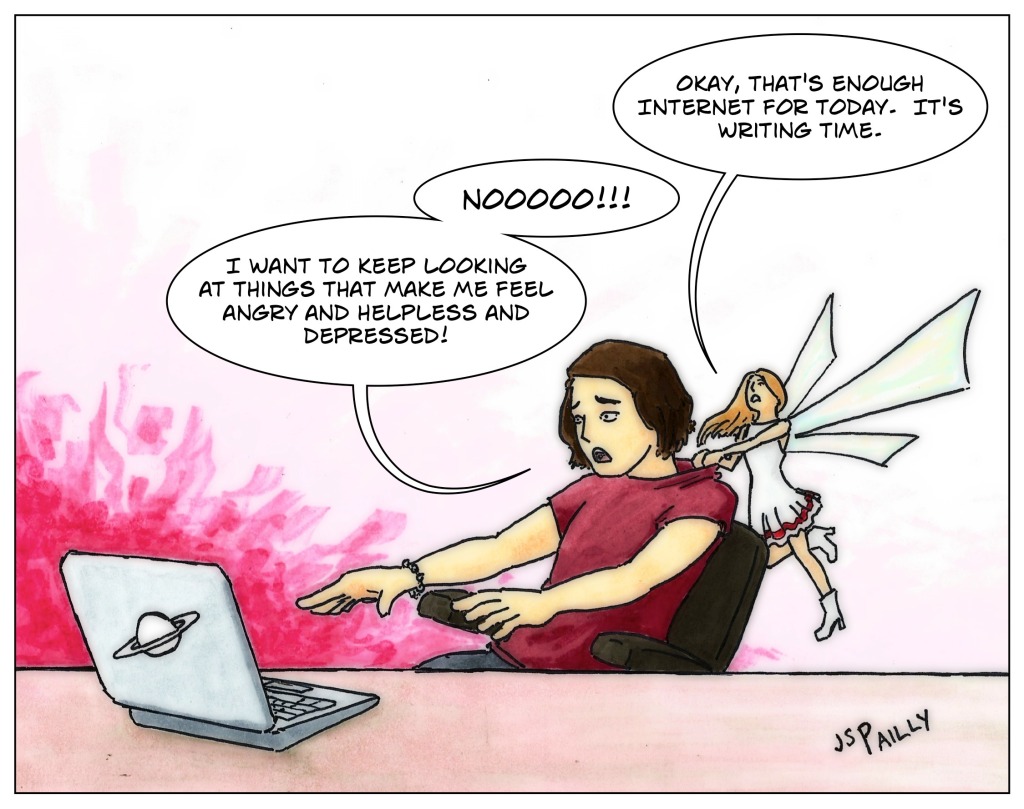Hello, friends! Welcome to this month’s meeting of the Insecure Writer’s Support Group, a blog hop created by Alex J. Cavanaugh and co-hosted this month by PJ Colando, Jean Davis, Lisa Buie Collard, and Diedre Knight. If you’re a writer, and if you feel insecure about your writing life, click here to learn more about this amazingly supportive group.
I didn’t do any blogging last month (aside from last month’s IWSG post, of course). I didn’t work on my current WIP either. I didn’t make any real writing progress last month, now that I’m thinking about it, but that’s okay. There’s more to being a writer than writing.
To be a writer, you need to live a rich and fulfilling life. Experience the joy and beauty of the world, but don’t ignore the ugliness or the cruelty. As a writer, you need to recognize the ugliness and cruelty of the world even as you celebrate the beauty and the joy.
To be a writer, you need to take risks. You need to try new things, even if they’re stupid things. You need to embarrass yourself. Allow yourself to make mistakes. Big mistakes, sometimes. It would be nice if we writers could learn everything we need to know the easy way (by reading about it in our favorite books). But we can’t. Some lessons can only be learned the hard way.
And after every success and every failure, you need to take the time to feel your feelings, no matter what those feelings might be. Laugh at yourself. Cry. Start plotting your revenge. Doesn’t matter if these thoughts and feelings are rational or irrational. You need to feel them. To be a writer, you need to understand the human condition, and the only way to do that is to experience it in full for yourself.
Meet new people. Meet people who are just like you. Meet people who are totally different (or who seem to be totally different at first). Get to know them. Try to understand their goals, their passions, their challenges. And if these people happen to open up to you, try to understand their fears and regrets. Don’t judge. Never be judgmental. To be a writer, you need to have empathy for everyone. That is a tall order, I know, but I do mean everyone. As we writers like to say, each villain is the hero of their own story. Learn that lesson (and other lessons like it) in real life, by talking to real people, and your writing will improve.
And then, once you’ve done all those things, get back to writing as soon as you can. The muse will be patient while you’re out there living a rich and fulfilling life, leaning all these things about the world and the human condition. But the muse can only be patient for so long.
So if you’ll excuse me, I think I better get back to writing.
